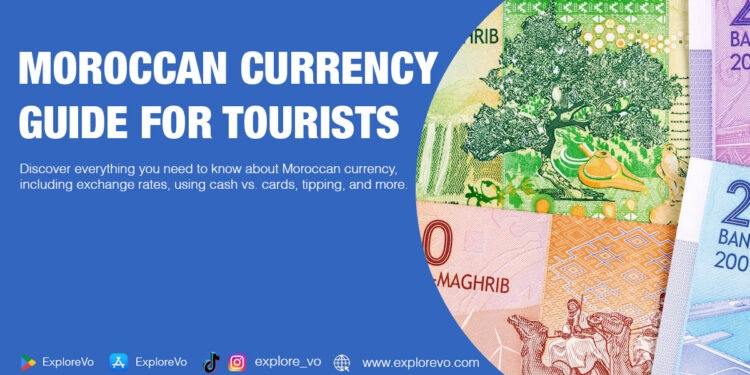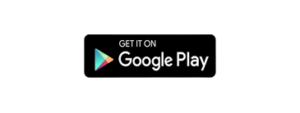Table of Contents
01
of 09
Introduction
Welcome to Morocco! Whether you’re excited to explore the best places in Morocco or dive into the rich culture, getting a handle on the local currency will make your adventure smoother and more enjoyable. In this guide, we’ve covered everything you need to know about the Moroccan Dirham, from exchange rates and using cards to some handy tips on tipping and bargaining.
Let’s dive in and get you ready for your Moroccan journey!
02
of 09
The Moroccan Dirham
The currency of Morocco is the Moroccan Dirham, abbreviated as MAD or sometimes simply DH. One Dirham is divided into 100 centimes. Banknotes come in 20, 50, 100, and 200 Dirhams, while coins are available in 1, 2, 5, and 10 Dirhams, and 10, 20, and 50 centimes.

03
of 09
Exchange Rates
Before you travel, it’s a good idea to check the current exchange rates. Google can provide up-to-date rates. Generally, you’ll get better rates at local banks and official exchange offices than at the airport or your hotel.
Tips for Getting the Best Exchange Rates:
- Compare rates at different banks and exchange offices.
- Use ATMs which often offer competitive rates.
04
of 09
Using Cash vs. Cards
Morocco is primarily a cash-based society, especially in rural areas and smaller towns. However, in cities like Marrakech and Casablanca, cards are widely accepted at hotels, restaurants, and larger stores.
Pros and Cons of Using Cash:
- Pros: Widely accepted, useful for tips and small purchases.
- Cons: Risk of theft, can be cumbersome to carry.
Pros and Cons of Using Cards
- Pros: Convenient, and safer than carrying large amounts of cash.
- Cons: Not accepted everywhere, possible foreign transaction fees.
05
of 09
Availability of ATMs:
ATMs are plentiful in cities and towns. Most accept international cards and offer instructions in multiple languages. Be aware of potential ATM fees and inform your bank of your travel plans to avoid any issues.
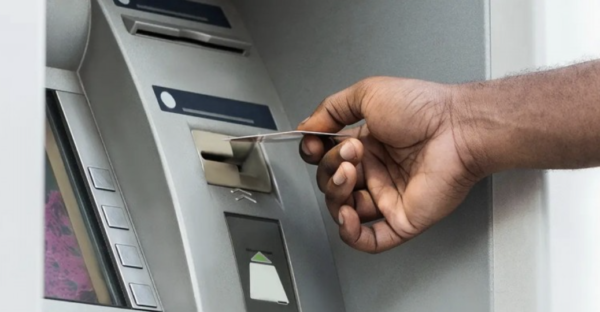
06
of 09
Banking Hours and Services
Banks in Morocco generally operate from 8:30 AM to 4:00 PM, Monday to Friday. Some may close for a lunch break. Services for tourists include currency exchange, cash withdrawals, and sometimes travel advice.
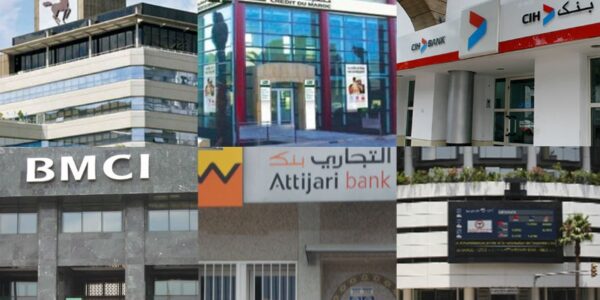
Tipping and Bargaining
Tipping is customary in Morocco, with 10% being the standard for restaurants. For smaller services, rounding up the bill or leaving a few Dirhams is appreciated. Bargaining is a common practice in markets and souks. Start by offering half of the asking price and negotiate from there.
Safety Tips
To avoid counterfeit currency, always exchange money at reputable places. Familiarize yourself with the look and feel of genuine Dirhams. When handling cash, be discreet to avoid attracting attention.
General Safety Tips:
- Keep large amounts of cash in a hotel safe.
- Use a money belt or hidden pouch for carrying cash.
- Stay aware of your surroundings, especially in crowded areas.
07
of 09
Cost of Living and Budgeting
Morocco can be quite affordable for travelers. Here’s a rough idea of what you might spend daily:
- Food: $5-15 per meal
- Transport: $1-5 for local transport, $50-100 for intercity travel
- Accommodation: $30-150 per night depending on the type
Suggested Daily Budget:
- Budget traveler: $30-50
- Mid-range traveler: $50-100
- Luxury traveler: $100+
Learning a few basic phrases can be very helpful:
- “How much is this?” – “Bshhal hada?”
- “I would like to exchange money.” – “Bghit nsarraf l-flus.”
- “Do you accept credit cards?” – “Wash katqbal credit cards?”
- “Do you have any change?” -“wach Andk chi sarf?”
08
of 09
Our App
Don’t forget to check out our app, which allows you to book activities with local providers easily. From guided tours to unique experiences, our app ensures you get the best of what Morocco has to offer.
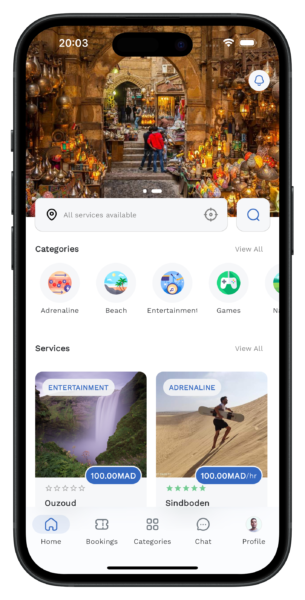
09
of 09
Conclusion
Understanding the Moroccan Dirham and how to manage your money will help you focus on enjoying your trip. Whether you’re exploring ancient medinas, savoring delicious cuisine, or booking activities through our app with local providers, being prepared will make your Moroccan adventure unforgettable.

